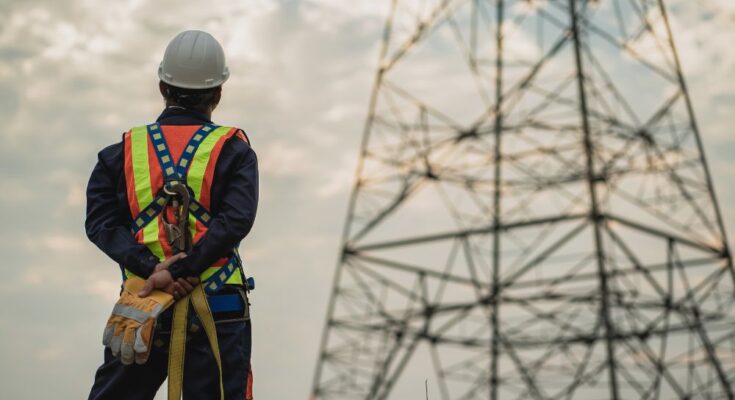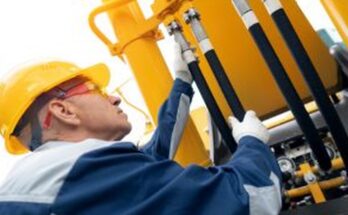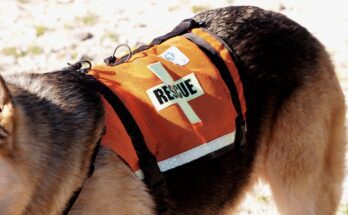When it comes to working with AC or DC power, safety should always be a top priority. Exposure to high voltage can pose extreme danger and be fatal if you do not take the proper precautions. Learning about safety protocols can greatly reduce your risk of injury.
Read on for essential information on the things to know about safely working with high-voltage gear.
Power Down Equipment Before Working
High-voltage equipment carries a large amount of electrical energy that can cause severe burns or electrocution if mishandled. Always power down equipment before performing any maintenance, repairs, or modifications.
When powering down machinery, turn off all energy sources and discharge any stored energy in capacitors or other components. Do not proceed with work until you have safely discharged all energy sources.
Invest in Quality Power Supplies
A quality power supply is an essential component of any high-voltage system. It ensures stable and efficient equipment operation while also protecting against voltage spikes and fluctuations. Moreover, a reliable power supply will have built-in safety features like over-voltage, over-current, and short-circuit protection, adding an extra safety layer when working with high-voltage equipment.
Investing in a high-quality power supply can prevent potential damage to the high-voltage gear and reduce the risk of electrical fires. Sometimes, this means buying custom power supplies. One of the top benefits of custom high-voltage power supplies is the ability to design them with specific safety features in mind. A custom supply may have built-in protection against short circuits.
Wear Proper Protective Gear
When working with high-voltage gear, it is essential to wear proper protective gear. This includes:
- Rubber gloves and boots
- Fire-resistant clothing
- Face shields or goggles
- Grounding straps
Each item serves a specific purpose in keeping you safe from electrical hazards. For instance, rubber gloves and boots provide insulation against electric shock, while fire-resistant clothing protects against potential fires caused by sparks or heat.
Never Touch Stripped Wires
Stripped wires pose a potential hazard when working with high-voltage gear, as contact with a live wire can lead to electric shock or death. Workers should always use insulated tools and wear protective gloves when dealing with stripped wires.
If you come across any exposed or damaged wires, it’s important to repair or replace them promptly to avoid any potential risks.
Connect a Ground Wire
Another thing to know about safely working with high-voltage gear is that you should always connect a ground wire. This will help dissipate static electricity and prevent it from building up, which can be dangerous when working with high-voltage equipment. Use appropriate grounding techniques and equipment as recommended by industry standards and guidelines.
Train Staff on the Dangers of High-Voltage Equipment
Educate staff on the proper use of personal protective equipment, lockout-tagout procedures, and emergency protocols in case of accidents. Likewise, refresher courses should be required to inform all staff members of the latest safety protocols and procedures. The more knowledgeable your staff is on high-voltage safety, the lower the risk of accidents and injuries will be.



